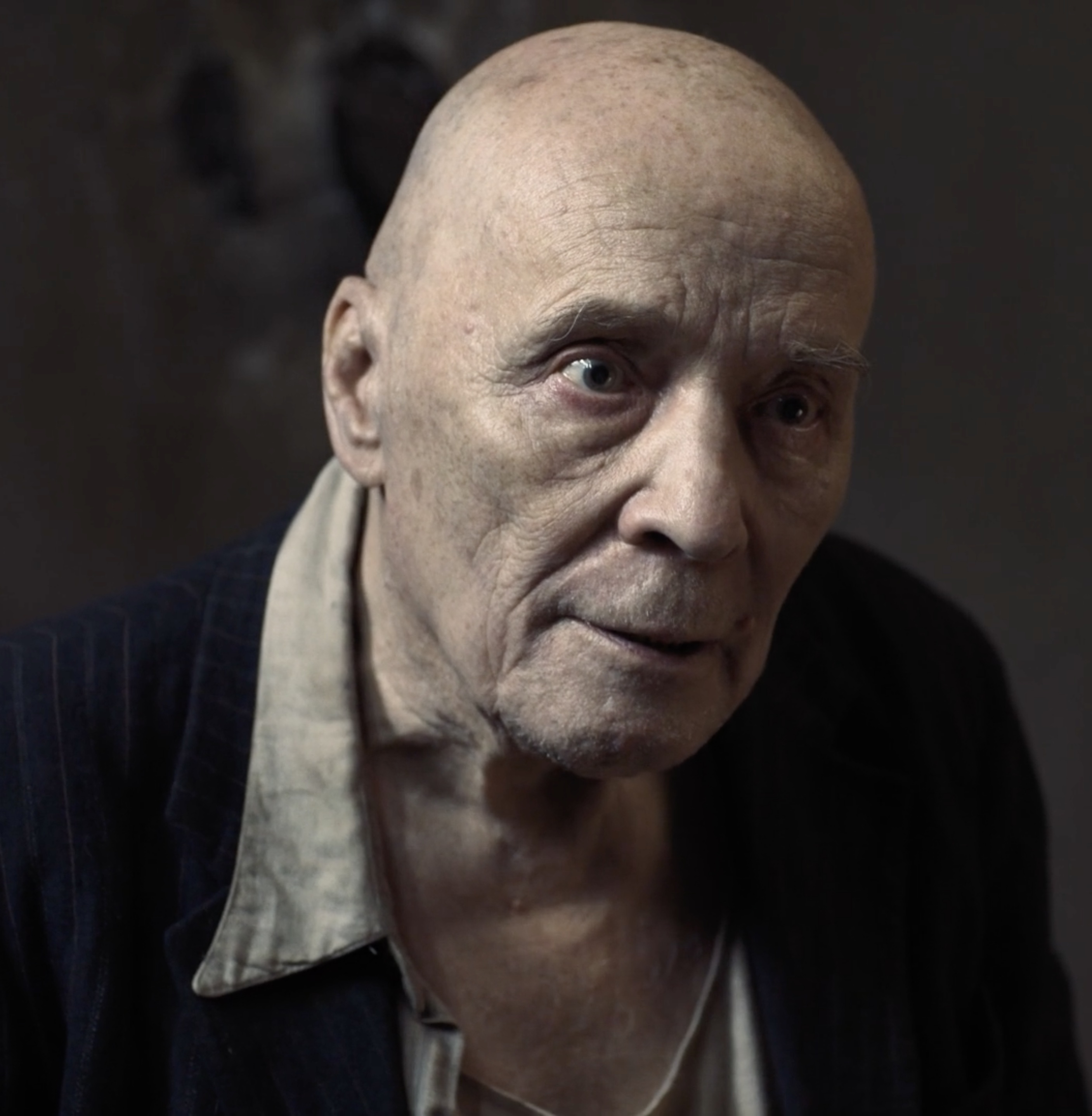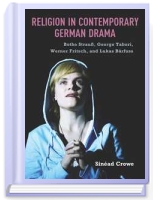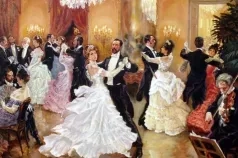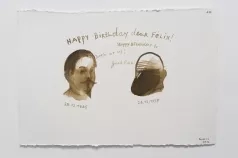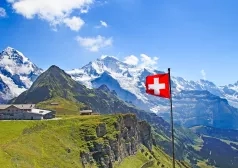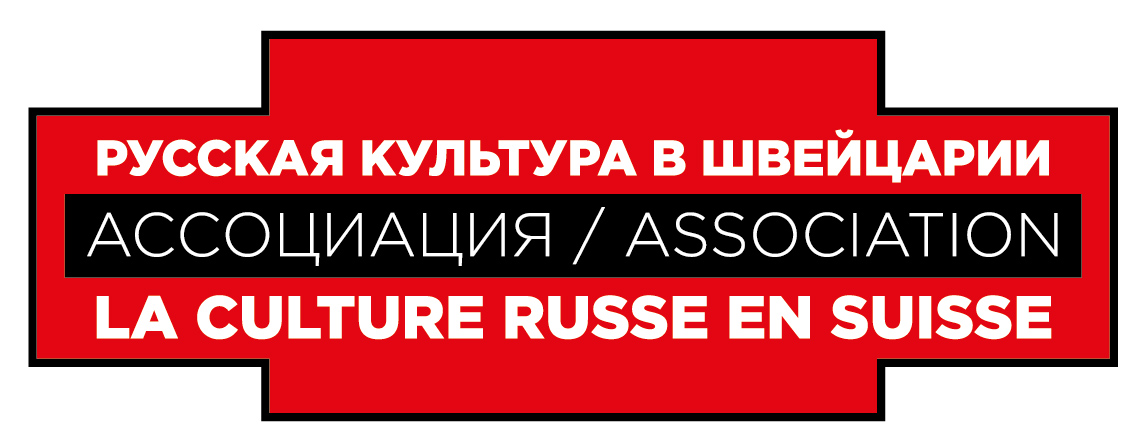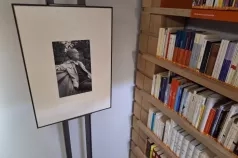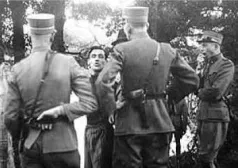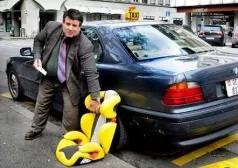The bus driver Hermann stops by the side of the road in the middle of a forest and takes a young woman travelling without a ticket to task. She says her name is Erika and claims to be a pilgrim who has accidentally got on the wrong bus on her way to Czestochowa, the most important holy site in Poland. Hermann does not believe her and breaks her hand when she tries to pray. Next she encounters the petrol pump attendant Anton, a drinker and biodiesel activist. But Erika refuses to stay with him and travels further with the morbid company of spa visitors, who ultimately desire, or would at least condone, her death. High up in the mountains, close to the peaks, Hermann digs Erika’s grave. But she is able to flee and finds her way to Anton, who takes her in. However, her afflictions have not come to an end. And ultimately, Erika has no other choice but to actually go on to Czestochowa, even if she seems to have lost all sense of the purpose of her mission on the journey. (Thalia Theater, Hamburg)
Responses to the Play:
“Bärfuss describes a coalition of the unwilling to live, whose vehicle is a death bus that vibrates with esoteric philosophy, infirmity and brewing conspiracy. High in the mountains, where the world is still beautiful, they want to leave it behind them forever. With his wonderfully unique poetic language, which transcends time, Bärfuss succeeds yet again in creating a theatrical work of impressive symbolic power and intensity, with grotesque humour, an extraordinary instinct for the Zeitgeist and brilliantly drawn characters.” (Verlag Hartmann und Stauffacher)
“With his dramatic confessio ‘Der Bus’, the Swiss writer Lukas Bärfuss has succeeded in creating a brilliant play that is highly explosive in its reconsideration of the loss of meaning and belief in the Western world: in comparison to the post-structuralist texts of many contemporary authors, it is quite classical in construction and modest in style, linear in structure and compellingly simple in its language. And yet so rich in existential questions. Which evade clear answers. Bärfuss briefly sketches out fully rounded characters, each one with a great sounding board for unspoken yearnings and unresolved issues. In the course of the play, it is less belief that is under examination than the believability of the characters – and also their capacity for belief: in themselves, in life, in the Other.”
(Christine Dössel, “Süddeutsche Zeitung”, 1.02.2005)
“It is not the great religious front line, […] it is the insignificant little incidents that occur in pedestrian precincts […] that the young Swiss dramatist Lukas Bärfuss puts at the centre of his new play. With magical lightness and clever persistence, ‘Der Bus’ asks the question of questions: in other words, what we feel about religion. […] Pain and sectarianism, fear and trust, good and evil – the religious themes seem to emerge quite naturally out of Bärfuss’s dialogue, as symptoms, like neuroses, like illnesses. The play posits a small grammar of the spiritual in a post-atheist age. This is all overshadowed by a strange paradox: We can no longer believe in belief, but it has us firmly in its grip. The more things spin out of control in the mountains, the more we sense how indivisible civilisation and religion are.”
(Peter Michalzik, “Frankfurter Rundschau”, 1.02.2005)
Рецензию театрального критика Павла Руднева можно прочитать здесь.
